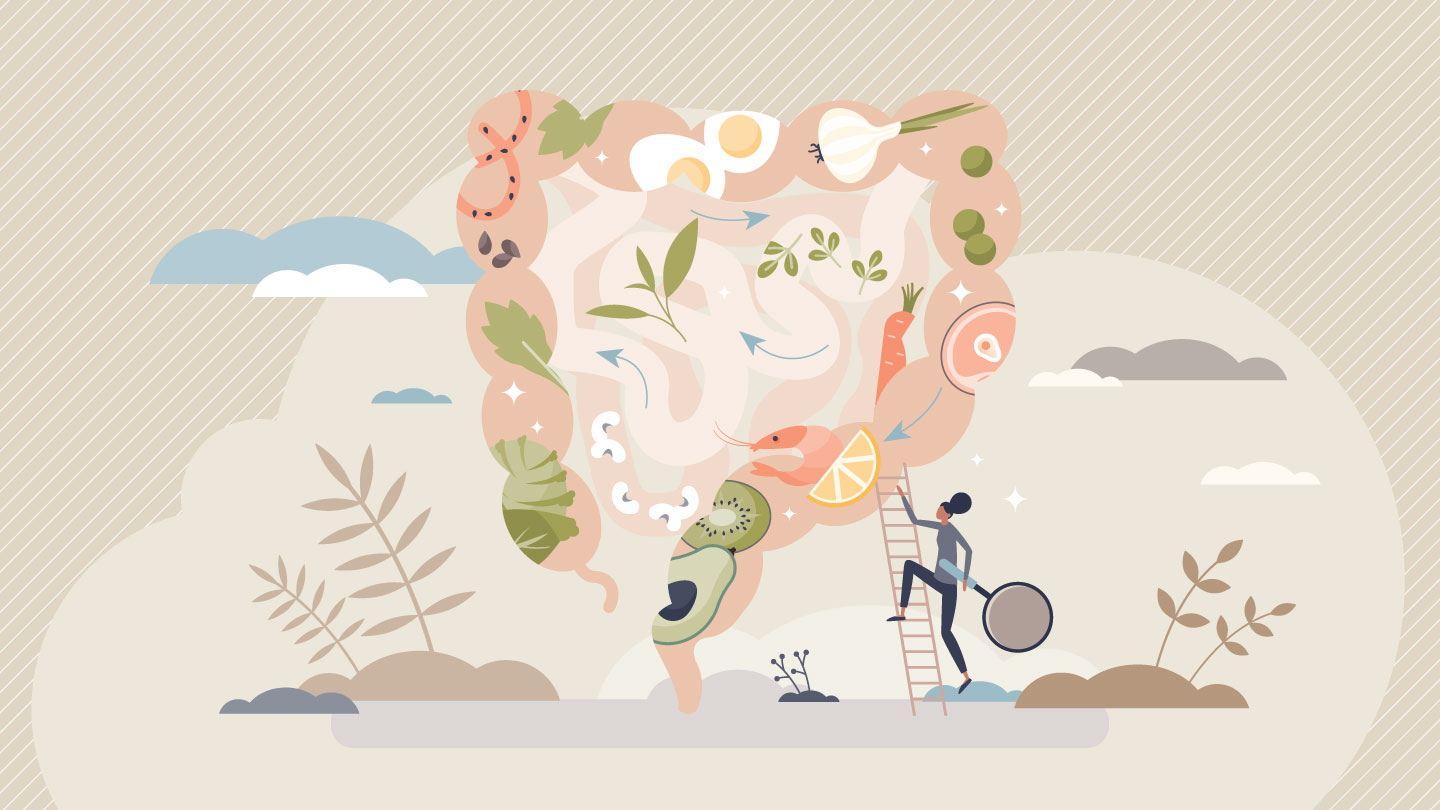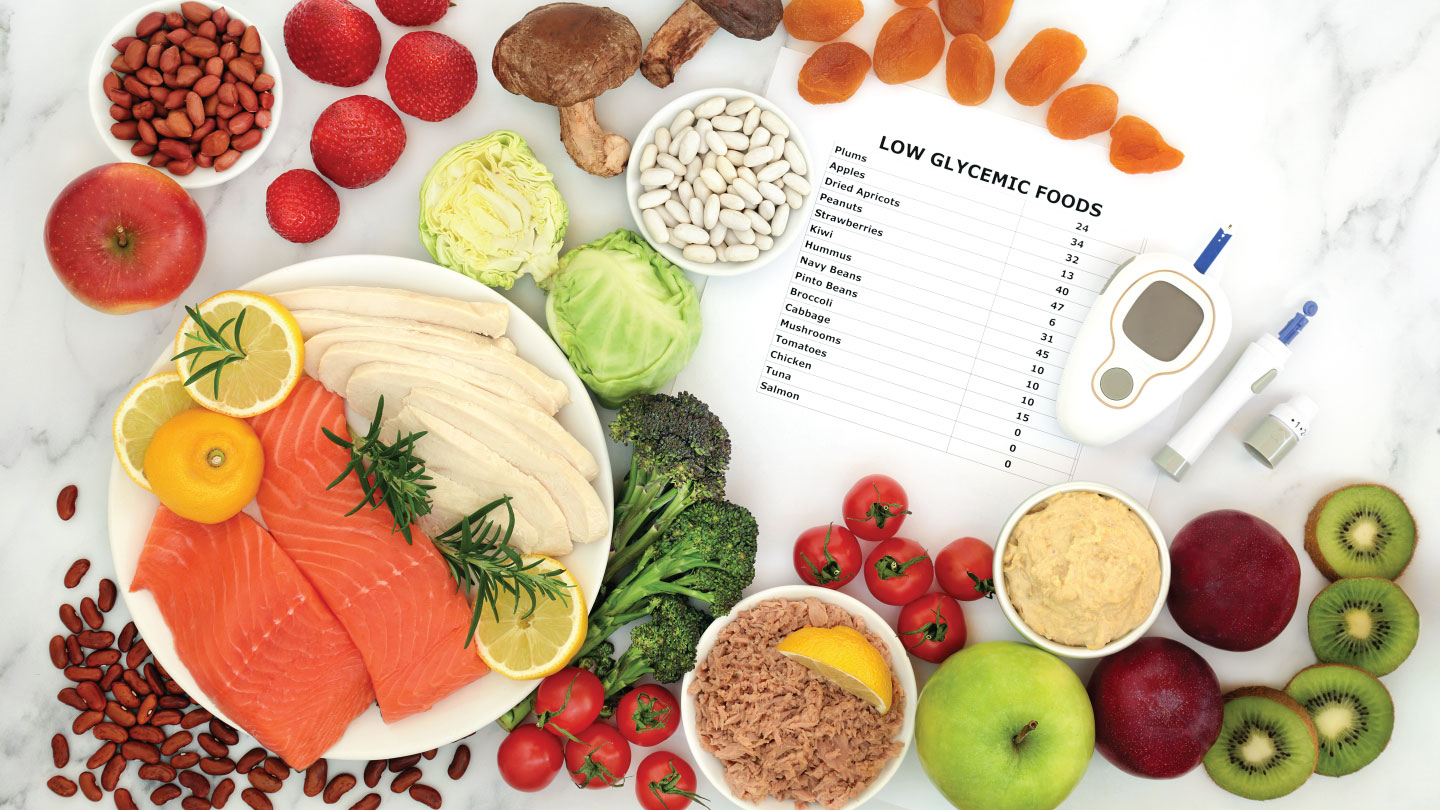Nutrition
7 Surprising Things That Can Spike Your Blood Sugar
From skipped meals to dehydration, discover seven unexpected habits that could be silently causing your glucose levels to spike.
.jpg)
When you think about managing diabetes, it’s natural to focus on cutting sugar and watching what you eat. But sometimes, it’s the surprising things that can throw your blood sugar off balance. While you may be tracking carbs or counting calories, factors like stress, sleep patterns, hydration, or even skipped meals can affect your glucose levels just as much.
Some of these triggers are easy to miss because they don’t feel directly connected to diet or exercise. That’s why being aware of these hidden influencers is just as important as managing what’s on your plate. Here are seven surprising culprits you may not have considered:
1. Skipping Breakfast
If you think skipping meals (especially breakfast) will help keep your sugar in check, think again.
Many are unversed with the fact that going without that first meal can actually cause your blood sugar to rise after lunch or dinner. Why? Because your body goes into a stress mode, and stress hormones like cortisol kick in, causing your liver to release more glucose. So ironically, eating nothing early in the day can lead to higher blood sugar later.
2. Dehydration
When you’re low on water, your blood becomes more concentrated, including the sugar in it. The less you drink, the higher your blood sugar can go. And to make matters worse, high blood sugar makes you urinate more, as per the research. This eventually escalates dehydration further.
Avoid alcohol and be careful with caffeinated drinks like coffee, soda, or energy beverages because they act as diuretics (substances that increase urine production, causing the body to lose more water) and can leave you more dehydrated than refreshed.
Related story: Keep Diabetes Under Check: How to Stop Diabetes Before It Starts
3. Heat & High Temperatures
Hot weather can take a toll on people with diabetes in multiple ways. You sweat more, urinate more, and dehydrate faster. And when you're dehydrated, your blood sugar can spike. But it doesn’t stop there: heat can affect how your body uses insulin, sometimes making it less effective. Even your insulin and devices aren’t safe. Heat can damage insulin pens, pumps, test strips, and blood sugar monitors if exposed to direct sunlight. Always store them in cool, shaded places and never leave them in a hot car or under direct sunlight.
4. Coffee (Even Without Sugar)
For some people, caffeine causes a spike in blood sugar by increasing insulin resistance, as per a 2021 study published in the journal Nutrients. Additionally, caffeine may lower your insulin sensitivity. That means your cells don’t react to the hormone as much as they once did. They don’t absorb as much sugar from your blood after you eat or drink. This causes your body to make more insulin, so you have higher levels after meals.
Coffee is also a diuretic, meaning it makes you pee more, which again may lead to dehydration, another indirect trigger for rising sugar levels. Furthermore, not everyone reacts the same to caffeine, so it’s worth observing how your body responds to your daily cup.
Related story: 5 Prediabetic Symptoms You Shouldn’t Ignore
5. Gum Disease (Poor Oral Health)
Your oral health says a lot about your blood sugar. Gum disease is a chronic infection that causes inflammation. This inflammation raises stress hormones like cortisol, which can increase blood sugar and reduce insulin sensitivity. And it doesn’t stop there: it becomes a vicious cycle. Here’s how it works:
- High blood sugar feeds harmful bacteria in the mouth, making gum disease worse.
- As gum disease progresses, the body’s inflammatory response grows stronger.
- More inflammation means higher blood sugar and reduced ability to use insulin effectively.
- Poorly managed diabetes makes it harder to fight off infections, so gum disease becomes harder to control.
The cycle keeps repeating unless both blood sugar and oral hygiene are managed together.
6. Certain Nasal Sprays
That quick relief for a blocked nose might come at a cost. Some nasal sprays contain steroids or decongestants that stimulate the liver to release more glucose into your bloodstream.
If you’re using one regularly, talk to your doctor about alternatives that are safer for blood sugar control. It’s easy to overlook over-the-counter products, but even these can have hidden effects.Always check the label and be cautious of compositions that can interfere with your glucose levels.
Related story: 7 Ways to Control High Blood Sugar in the Morning
7. The Dawn Phenomenon
Ever noticed high blood sugar first thing in the morning, even without eating anything? In the early hours (usually between 2 a.m. and 8 a.m.), your body naturally releases a surge of hormones like cortisol, adrenaline, and growth hormone to help you wake up. These hormones tell your liver to release glucose into the bloodstream, which can cause a spike in blood sugar levels before breakfast. A 2023 research study states that the presence of the dawn phenomenon must be considered in selecting the type of insulin and the mechanism of delivery.
How to Check if You Have Dawn Phenomenon:
- Test your blood sugar at three points:
- Before bed
- Around 3:00 a.m.
- Right after waking up
- If your 3 a.m. reading is normal or low, but your morning reading is high, it’s likely due to the dawn phenomenon.
Regular health checks are essential for everyone, but they are particularly important for individuals who are at risk of or already have any underlying cconditions. Taking regular health checks can help detect the condition at an early stage when it is easier to manage and treat. With the UR.Life HRA, we help you to invest in your well-being through seamless interventions and targeted medical treatments. Our holistic wellness approach caters to all aspects of your well-being. We ensure that you can bring your whole self to work.
With our medical professionals by your side, routine health check-ups will never be an issue. Advanced laboratory technologies back UR.Life’s Occupational Health Centers (OHC), and with highly qualified experts/technicians, we’re committed to delivering trusted and quality recommendations, modifications and advice to you.
EXPLORE MORE
Bright, earthy, and naturally prebiotic-rich, this beetroot salad is a refreshing gut-friendly bowl that supports digestion, boosts good bacteria, and adds colour to your everyday meals.
Struggling with sluggish digestion? Here are natural, everyday foods that help get your bowel movements back on track.
From portion control to low-GI swaps, here are seven powerful eating habits that protect you from progressing to type 2 diabetes.
Rustic, bright, and full of fire-roasted flavour, this simple Bihari-style chokha turns everyday tomatoes into a smoky, tangy, comforting side that lifts everything, from litti to dal-chawal.








.jpg)


.jpg)
